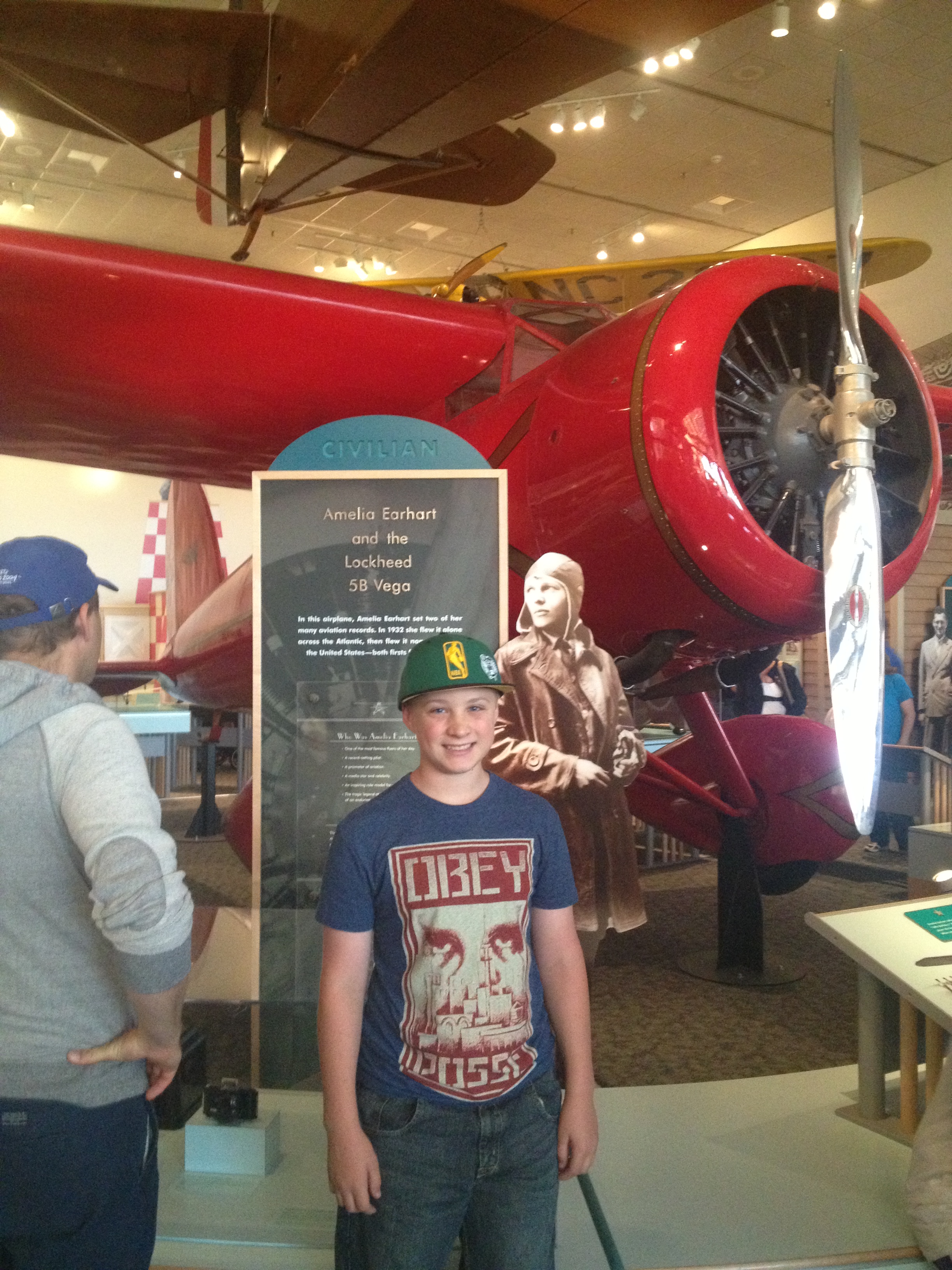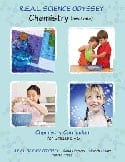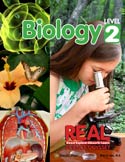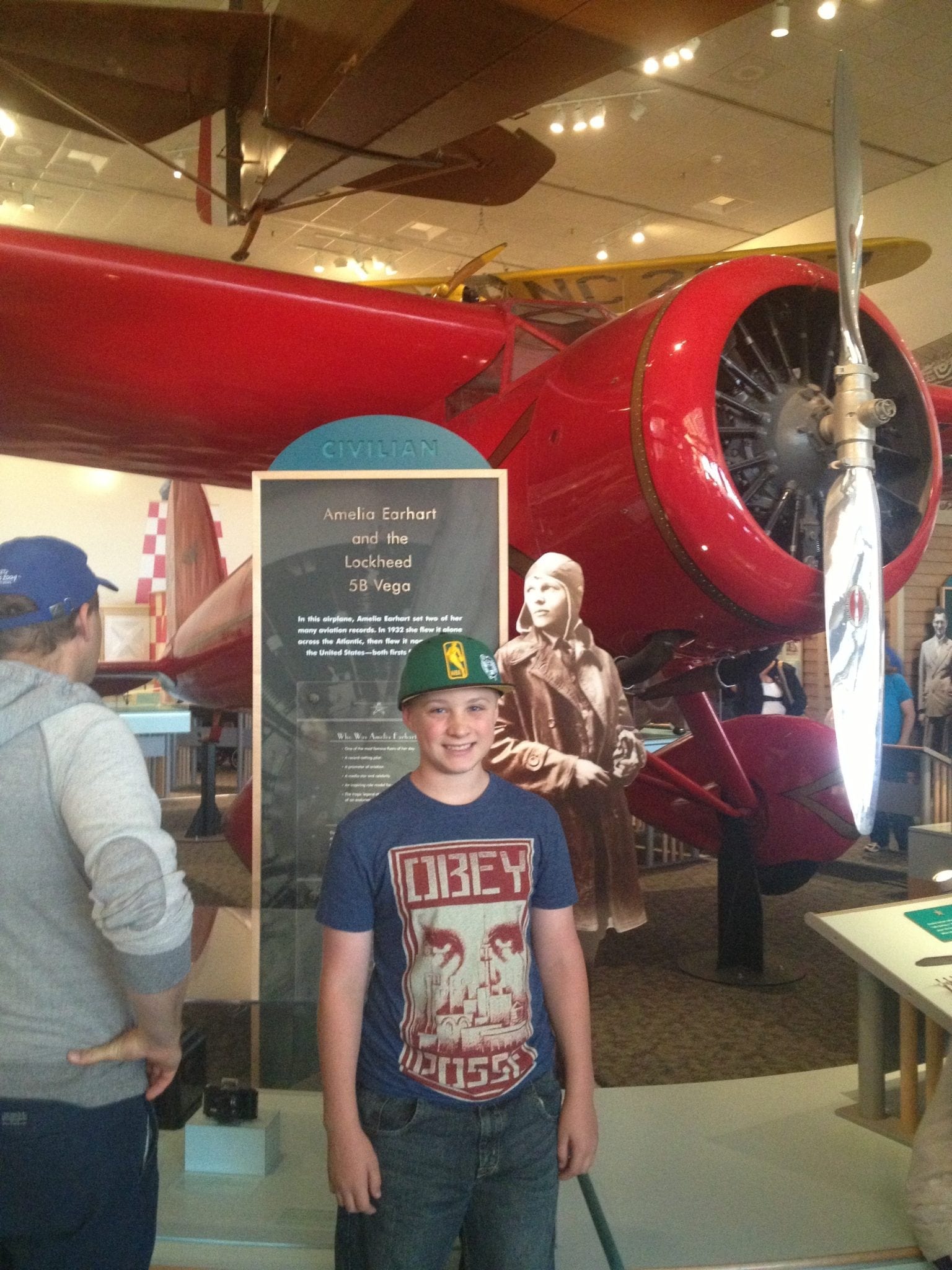Homeschooling and ScienceA Winning Combination |

I am reposting this article in response to an article in the New York Times. There is a link to that article at the bottom of this post. The article validates what I am detailing below about how science is best learned!
Learning science is something I have spent 24 years working at in one aspect or another. Today I want to talk about what I have learned over these years educating in various venues and to a broad range of age groups. This is the text from a talk I gave at the California Homeschool Network Convention, CHN Family Expo, in June, 2014.
I was a college professor, teaching chemistry and biology at community colleges before retiring to homeschool my son. I also write secular science textbooks for the Real Science Odyssey series. This is a series of textbooks that have been written primarily for use in a homeschool or small co-op setting. As you can imagine, at our house, we definitely take time to learn science. In the school year 2013/2014, these two areas, facilitating my son’s science education and my textbooks, combined when I taught a homeschool science co-op using the REAL Science Odyssey Biology 2 Course I wrote. I learned some things teaching this co-op. I will touch on some of those things today, but if you want more, you should go to my articles in my blog where there is information detailing what I learned about teaching a science co-op for homeschoolers.
First I would like to ask a question. Have you ever had a great science course? If you have, what made it great? I doubt that even one person thought of a science class that only had reading text and listening to lectures! People approach me all the time worried about the job they are doing teaching science. So many people have had a bad experience in school when it came to science. Those same people want their children to learn science but they do not know what a good science course looks like.
When I think about what a great science course looks like, I recognize that the elements for it are best met with the type of environment we have in the homeschool community, whether in our own home or in a small co-op. I’ve come to understand that the homeschooling environment is absolutely the best environment for learning science.
So how can I say this? There are many people, notable scientists among them (Bill Nye comes to mind at the top of the list), who believe the exact opposite.
Of all academic subjects, science is the one that is the best fit for the homeschooling environment. Why? Because science is best taught where there is the time and space to ponder, research, explore, and get up and experiment. With the right tools and support you don’t need a science degree either. All you need is a willingness and desire to have your child learn how the natural and physical world works.
Start early:
|
- I hear from people that they can wait to teach science, that kids are not ready to be taught science in grade school. I don’t understand the logic behind this. Science explains how the natural and physical world works. Why isn’t grade school the perfect time to begin teaching science? It’s sad, because kids want to know about plants and butterflies, stars and planets, how cooking works, atoms and energy. Young children are fascinated by these things. I actually think a big part of the problem with science education is that parents are not fascinated by it anymore, and it’s really a shame. Adults are not fascinated by it because their science education was so poor. We as homeschoolers can change that.
- Recently I volunteered at the Intel International Science and Education Fair, the Intel ISEF. It is a huge international science fair. They consider it a science talent search with thousands of high school students from across the globe competing for a total of $4 million in prize money. I always enjoy myself immensely at these gatherings because it’s the only time I get to sit around with a whole bunch of scientists and talk science. At lunch time I happened to sit down with 6 female scientists. Three of them were, or had been, high school science teachers and one was a community college teacher who taught people how to teach science. We all got to talking about what we did or had done and of course it came to homeschooling science when they wanted to know what I did. It was very interesting. You might think this group would not be proponents of homeschooling. I did. You and I would be wrong. These women had been to many science fairs as volunteers and what they saw, again and again, was that increasingly often the best science fair projects were from homeschooled students. I was told that more often than not the homeschooled kids are the ones that win the science fairs. I was curious to find out why they thought homeschooled kids were doing a superior job of learning and experimenting with science. They said to me that the problem stems from when traditional schools begin teaching science. According to them, science is being taught later and later in schools. This is due to the current state of public education and the testing which affects a school’s funding. Schools pour time and money into language arts and math, because if test scores are low in those areas a school’s funding is cut.
- Teachers focus all their energy and resources on math and language arts to the detriment of science. If kids are lucky enough to get science before high school it is as a component of language arts. It isn’t science for the sake of science. Now this touches on several things I want to talk about in a minute. But when science is a component of language arts, it’s about reading science. It’s not about doing science and there’s a big difference. It’s why a lot of adults think science is boring. So what happens when you don’t start science until high school is that you have students who come into high school weak in science. Therefore the science teachers have to start teaching at a much more basic level then they were teaching in years past.
- If you’re curious to see the difference in levels, go to the Pandia Press website and look at the difference in REAL Science Odyssey Life 1, Chemistry 1, and Biology 2. RSO Life 1 is written for early grade school, Chemistry 1 is written for late grade school, and Biology 2 is written for middle school. You can look at them in the ‘Try It before You Buy It’ section. I really encourage you to look at them side by side. I encourage you to compare the two biology texts and to look at the progression within these books. There’s a big change. There’s a certain amount of knowledge that you begin to anticipate and expect that students are going to have. Students who start a new school year with some knowledge have an advantage. This is similar to what is done in math or language arts. You do not want to be teaching high school students phonics or basic spelling chunks. You want to be discussing literature with them.

Focus on the fundamentals:
|
- When I talk about fundamentals, I am talking about the underlying principles that are the root knowledge required for a more advanced understanding of a subject. These are things that high school students in traditional schools are no longer coming into the science classroom knowing.
- Scientific Method: An important aspect of learning science is learning how to use the scientific method. Using the scientific method depends on knowing the basic facts of science. The absolute best way to learn the scientific method is through applying it. The scientific method is based on experimentation, observation, and deductive reasoning. One reason that the homeschool environment is superior is because homeschoolers are given the time and space for experimentation, making observations, and deductive reasoning. It really is the best environment for learning science. Teasing out the answer to a problem is not something you can set a time limit for accomplishing. Schools, by their very nature, are forced into giving students time limits to learn and apply science concepts. This doesn’t lend itself to a practical understanding of how the scientific process really works.
- A solid foundation in the basic fundamentals of science will result in students who have a good grasp of how the various pieces in science relate, which leads to a better understanding of new concepts. A strong focus on the foundational fundamentals also leads to a better ability to analyze more complex data, models, and theories for how the natural and physical world works
- There are certain fundamental principles that are the basic building blocks for understanding science concepts. For example atoms; all matter is made of atoms. Every single science principle where we explain how the natural and physical world works at its core is talking about atoms. Even a graduate student studying complicated scientific principles and theories must understand the basics of atoms. An understanding of atoms is one of the foundational fundamental principles in all of science and is necessary to understand how other pieces of scientific information relate.
- I think it is a problem that often there is not a focus on the basic fundamentals for two reasons. The first is that the students’ knowledge base is not complete. The second thing I see happening in middle school and high school texts and classes is that concepts that are too complicated are brought in before there is an understanding of the underlying principles. This leads to spotty knowledge which results in people thinking they’re not good in science when it is actually the quality of their education that’s not good. In these situations, some students will learn the new material, but most students will just breeze right over it. I like to use foreign language as an example here. If you’re sitting in a restaurant and you overhear someone speaking a language you don’t know you tune the speaker out. But if you know a little of that language you will listen, try to understand what they’re saying, maybe even start a conversation with them. It’s the same thing with science. If I start talking about polarity and water molecules and you don’t even understand the basics of what a molecule is, you don’t know what I’m talking about and your brain glazes over or moves on to something else. If you do have some knowledge of molecules and polarity, you will pay attention and engage in the conversation, adding to your knowledge base.
Learn each discipline as a single subject:
|
- On the face of it, it might sound like spending an entire year every four years on a single subject creates artificial boundaries between science disciplines. While it is important that the material you use to teach points out and makes connections between the different disciplines, the best approach is to learn the fundamentals of each discipline and make connections once the basics are understood. This creates a cohesive body of knowledge which enhances a student’s ability to make connections between the disciplines.
- Often science is learned with a grab bag approach, which I call the smattering approach. When I told the gals at the Intel ISEF fair that I was not a fan of the smattering approach they said that in the past they would have agreed with me. But that now, the state of the science being taught is in such a shabby state that they would even like it if people went back to the smattering approach. It turns out that the smattering approach for learning science is better than not learning it at all. So I guess if it’s between the smattering approach and nothing at all, the smattering approach is okay to use. Otherwise, any good science teacher will tell you you’re better off teaching science as a single subject, just as we do every other academic subject we care about our children learning.
- This really goes back to teaching the foundational fundamentals. You start to build on concepts, creating a firm foundation, adding more and more complicated material on top of it. Anyone who has worked with their child in math knows exactly what I’m talking about. There is no other subject that we take seriously that we do not teach as a single subject. There is a reason for that.
Rely on one or more good textbooks:

|
- I write science textbooks that are long and complete. I do not write fluffy science. So it should not surprise people that I am a fan of having some sort of guide and guidance to follow for each subject that I’m having my child study over the course of the year. I learned my lesson with first grade biology that even someone who is very knowledgeable in the field could use some direction. When I homeschooled my son in first grade I had a guide and reference material for every subject he was learning, except biology. I thought, “How hard will it be? I taught biology at community college. I have a biology degree from UCSD. Biology is going to be a piece of cake.” It turns out, with all the other subjects he was working on I was overwhelmed when it came to planning and figuring out a course of study as I went along. In fact, when my son was in second grade I had him work through RSO Life 1 and Earth and Space 1!
- I will be honest; my reference material is not always a textbook. In history we use video courses and material where someone else has put together a complete package. Science is a little different than history though, because you are still going to need lab sheets, material lists, and I really think it’s good for students to be able to read the information if they need it.
- Choose texts that are comprehensive and do not skip over the basics, introducing advanced topics and language with a focus on the fundamentals. I do not think it matters which science discipline you start with, but I would suggest waiting until 3rd grade for chemistry and physics. When your child is ready for their multiplication tables they are ready for chemistry. It has to do with the abstract nature of chemistry.
- Every area of science has a lot of information to it. It helps to have a guide, someone who is an expert in that field, help you figure out the scope and sequence of the material to cover. I believe there is no way to teach the foundational fundamentals or to teach science as a year-long single subject without a textbook. In every science class I have ever taught, I have been handed a stack of textbooks. I was given the teacher’s textbook, the lab manual, the answer key, and test making software, because a committee of people at the community college where I was teaching decided that was what the course was going to look like that year. Perhaps this sounds limiting, but I did not find it so. You can use the textbooks as a touch point if you want, but it is essential to have a guide so that the material is covered in a complete fashion.
- The other important thing about having a good textbook is that students access information in various ways. I learned how important it is to have reference material when I taught a co-op class this year. Based on my experience, I wouldn’t have my son take a science co-op class if there wasn’t a textbook because if the subject gets complicated your child needs something to reference, not the Internet either. I think it is important to have something they can hold in their hands, something they can underline, highlight, and make notes from. A source that you can both go to.
- Along the lines of accessing information I’ve actually been thinking about making some videos for my text and putting them on my blog for kids who are struggling with some of the more complicated concepts. The genetics unit in my biology textbook, for instance, is an area kids find very difficult. I think if students had me lecture out of the book to them, those kids who were feeling challenged by the concepts would be able to understand the information better. I’m very into making sure there are multiple ways to access information.
Carefully pair theory with labs and activities
|
Let’s be clear about what I’m talking about when I call something a good science course. I am not talking about sitting in your seats. I am talking about getting up and moving around, getting your hands dirty. I’m talking about taking those foundational fundamentals and applying them to real-world labs and activities that relate well to the theory. This is where science becomes fun.
- When scientific theories are paired well with labs and activities it enhances an understanding of the scientific method and science learning. It demonstrates through use and practice how hypotheses are formed and conclusions determined based on science facts that are presented in the text.
- Sometimes I see science being taught where it is all theory with no labs or activities. The science theory is the science information in the written text. Other times I see science being taught with all labs and activities but no theory. Neither is adequate.
- Honestly all theory with no labs and activities, why bother. That’s where science gets a bad name. For parents I know that the labs and activities are work. I know you do not always feel like setting them up. I know this because I teach my child science, and I don’t always feel like setting them up, but I do it because it’s important to me that my son gets a good science education. A good science education has labs and activities that are carefully paired with the text and theory.
- All lab and activities with no theory might be fun, but you are not learning science cohesively. You’re not learning the foundational fundamentals. For example, how many of you understand the complicated process that occurs when you bake a cake? By this I mean the physics and chemistry involved in the baking process. To bake a cake you don’t need to know the underlying science because that is not your reason for baking it. It is about making a yummy treat for your family. In order for it to be called science you would need to understand the physics and chemistry of the process. And to know and understand the science you need to have studied the theory and then done the experiments. That way it all ties together.
- When this is done; the pairing of the theory with the labs and activities, no place outside a college lab that is thoughtfully paired with a lecture course can match the homeschool community. It might be another reason why we are winning all of those science fairs.
5 Steps to a Great Science Education
- Start Early
- Focus on the Fundamentals
- Single Subject
- Good Textbook &/or Reference Materials
- Carefully Paired Theory and Labs & Activities
I hope that this helps any of you who are worried about your children’s learning of science, and that this doesn’t sound complicated to you. All you need to facilitate your child learning science is a desire and the resources to make it happen. I want to close with, “Science is so much fun to do, to share and interact. I really hope you take the time to explore science with your child. Who knows, maybe the next time someone asks you if you have had a great science course you will raise your hand, because the years of science you did while homeschooling your child were just that good!”
Update: In December of 2014 the New York Times published an article about college reinventing how science is taught and better learned using the principles and methods I am advocating here!
http://www.nytimes.com/2014/12/27/us/college-science-classes-failure-rates-soar-go-back-to-drawing-board.html?_r=0
This post contains affiliate links.
Check out this list for materials to use for your own homeschool science co-op here and read some of my Lunar Ramblings here.

